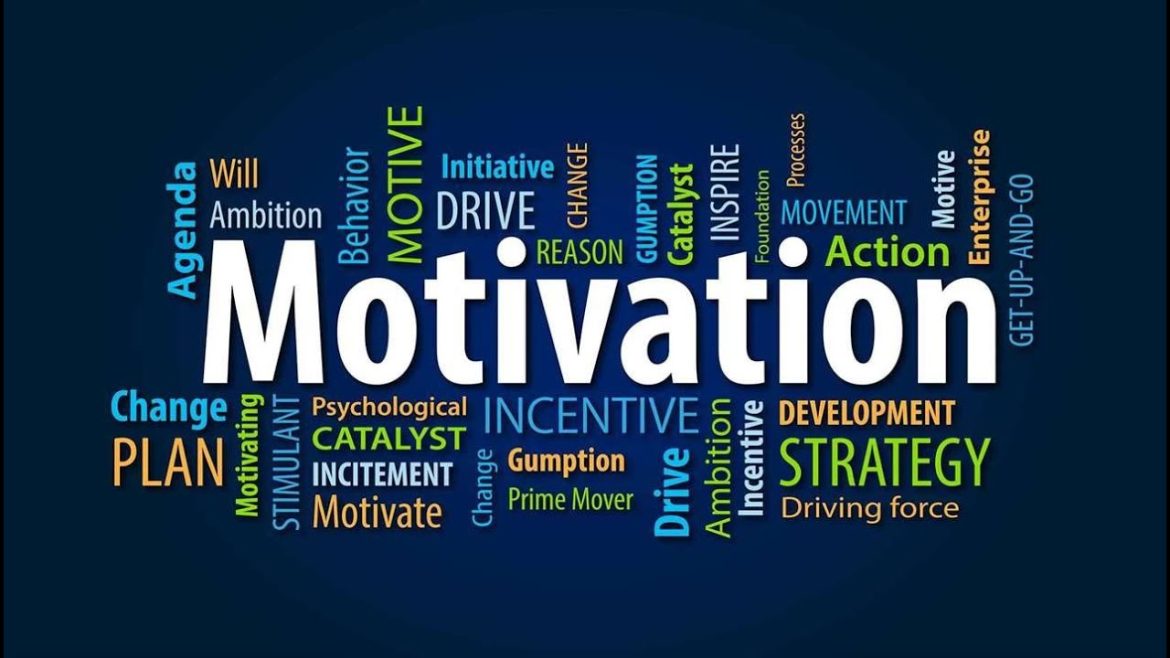Motivation is the internal engine that determines whether we take action or remain passive in the face of our goals. Psychologists often divide motivation into two main categories: intrinsic and extrinsic. Intrinsic motivation comes from within—reading because you love learning, painting because it brings you joy, or exercising because it makes you feel good. Extrinsic motivation is driven by external rewards or consequences—studying to pass an exam, working overtime for a bonus, or cleaning your home to avoid criticism. Both forms are important, but research shows that intrinsic motivation tends to produce longer-lasting engagement.
Advertisement
From a neuroscience perspective, dopamine plays a critical role in motivation. It’s not simply the “pleasure chemical,” as it is often called—it’s more accurately described as the anticipation chemical, fueling the desire to act before the reward is even received. This explains why having a goal to work toward can sometimes feel even more exciting than achieving it.

